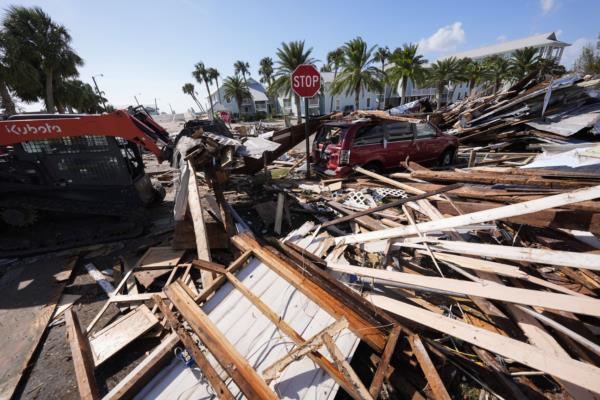
As the possibility of a strike at ports looms, concerns have been raised about the potential impact on relief efforts in the aftermath of Hurricane Helene. Some officials have urged the International Longshoremen's Association (ILA) to consider the recent hurricane damage and delay any walkout to avoid further disruptions.
However, it is important to note that the relief supplies for the hurricane-affected Southeast are not typically transported via cargo ships that call on East or Gulf Coast ports. These ships primarily bring goods from other countries and are not involved in moving goods between different US cities due to US maritime laws.
Under US regulations, foreign carriers are prohibited from transporting goods between two US cities. The limited US flag ships that do engage in domestic transportation mainly handle military cargo or goods between the mainland and US territories like Puerto Rico or the US Virgin Islands.



Furthermore, the efficiency of transporting goods via ships to the affected areas is also a concern. Compared to truck or rail transportation, ships are generally slower and may not be the most effective means of delivering relief supplies in a timely manner.
While the potential strike at ports raises valid concerns about the impact on the economy and supply chains, it is essential to understand the specific logistics of relief efforts in the context of natural disasters like Hurricane Helene. Balancing the need for uninterrupted commerce with the urgency of providing aid to affected regions remains a complex challenge for stakeholders involved.







